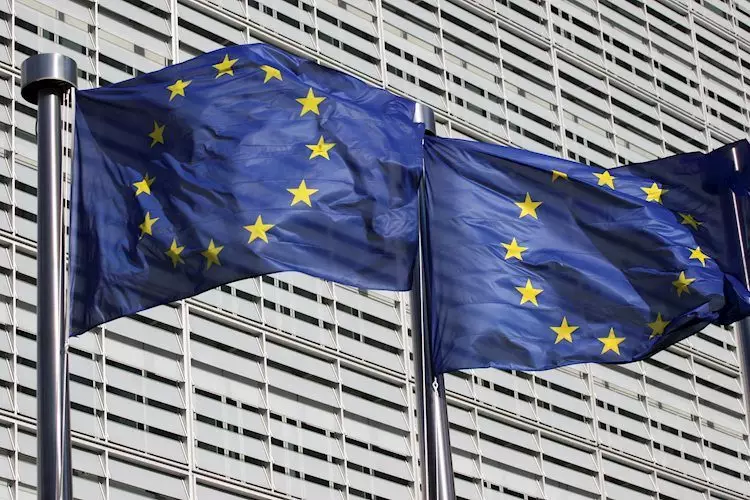Recent statistics from Eurostat unveil a significant rise in Eurozone retail sales, with a notable year-on-year increase of 2.9% in September, far surpassing the predicted 1.3%. This uptick marks a continuation of an upward trajectory that began in August, where sales had previously risen by a revised 2.4%. Such performance, while promising, prompts a broader investigation into the underlying factors fueling this growth and its implications for the European economy.
In addition to the impressive annual metrics, the month-on-month performance also warrants attention. Retail sales climbed by 0.5% in September, slightly exceeding the forecasted 0.4%, although it represents a decline from August’s revised increase of 1.1%. This moderation may hint at seasonal fluctuations or a cooling-off period following a robust August performance. Nevertheless, the ability of retailers to maintain sales growth amid potential economic challenges showcases resilience within the sector.
Interestingly, despite the upbeat retail figures, the Euro did not experience a notable surge. At the time of the report, the EUR/USD pair saw a modest increase of 0.21%, trading at 1.0750. This reaction raises questions about the market’s interpretation of the data. While strong retail sales can be indicative of consumer confidence and economic health, other factors may be at play that dampens the Euro’s response. Global economic uncertainties, inflation concerns, and geopolitical tensions could overshadow positive domestic figures, leading to a cautious market sentiment.
Further analysis of the Euro’s performance against other major currencies reveals that it maintained a robust position against the US Dollar. The comparative strength showcased in the inter-currency percentage changes illustrates the complex dynamics at play. Investors often assess economic data within a wider global context, which means that local successes can be diminished by international market reactions. This highlights the necessity for Eurozone policymakers to ensure that positive trends translate into sustained momentum for the currency.
The recent uptick in retail sales underscores the importance of consumer spending in the Eurozone recovery narrative. However, vigilance is crucial. Policymakers and economists must remain alert to signals of potential economic headwinds such as inflationary pressures or supply chain disruptions. The retail sector’s ability to sustain growth will be essential in building confidence among consumers and investors alike. As these numbers unfold, they serve as both a beacon of hope and a reminder of the intricate challenges facing the Eurozone’s economic landscape.
While the September retail sales statistics signal a positive direction, the overall context warrants careful examination. Understanding these dynamics will be pivotal for stakeholders aiming to navigate the complexities of the current economic climate in the Eurozone.

